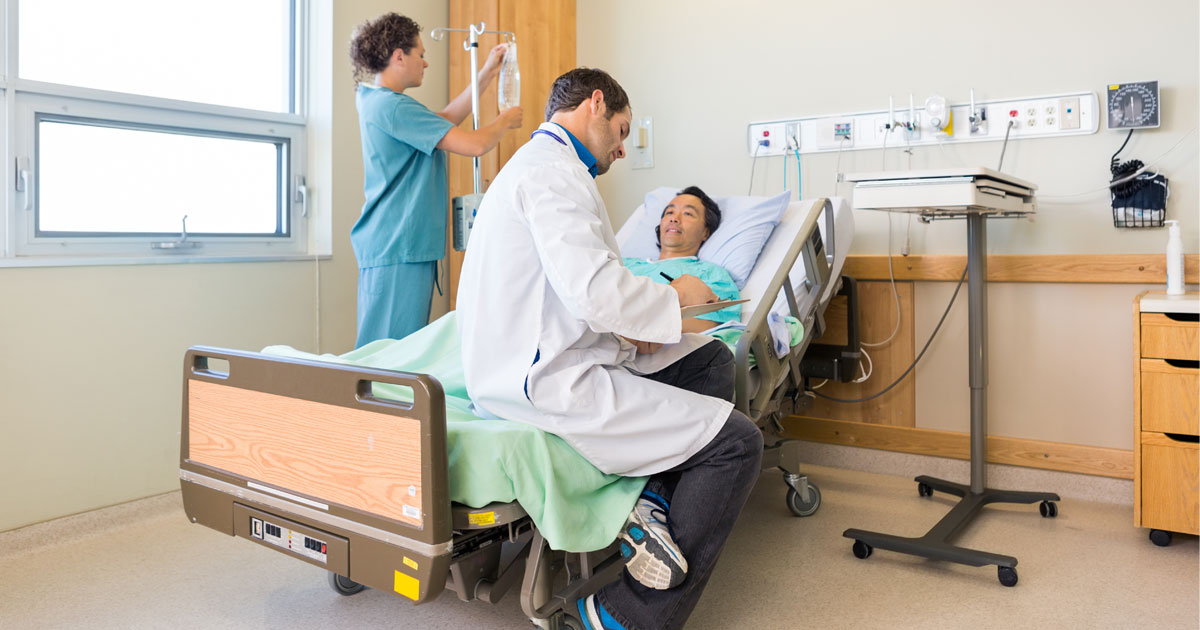
Medical device manufacturers may not always have complete control over how their products are manufactured. From inception to delivery, there are third parties involved in the process. This can allow room for problems that can result in poor quality and defective devices; patients that use them can end up with serious or fatal results. There are ways manufacturers can become more closely involved with production and distribution, and this diligence can improve their products and help consumers.
Not all suppliers meet the high standards for safe medical device production, and manufacturers need to specify the parts needed and the quality required. Like any other business, some suppliers try to cut corners to offer lower prices. Once a working relationship is initiated, manufacturers must stay in the loop with regular audits. Consistent quality control assessments keep suppliers on their toes. It is also a good idea to have an ideal product sample for a reference point.
Market research and communication are also helpful for improving medical devices. Companies that reach out to customers and health care providers can receive valuable feedback that can improve how their devices are produced and distributed. Suppliers can also provide insight for product improvement, and ways to strengthen supply chains and devices.
One of the Food and Drug Administration’s (FDA) responsibilities is to ensure that medical devices are effective and safe for consumers. There are many regulations that apply to medical devices, and when manufacturers do not adhere to them, the agency will act.
The FDA also works with health care providers, patients, and stakeholders on its Case for Quality program. They recognize medical device companies for producing high-quality products, which provides impetus for other manufacturers to follow suit. This program was created when the Agency recognized that some manufacturing risks were affecting product quality. Their review also showed the benefits of managing these risks, including fewer complaints, and less Corrective and Preventive Actions and investigations against manufacturers.
All this does not guarantee that every medical device on the U.S. market is completely safe, however. Patients that are told they need medical devices can advocate for themselves by getting as much information as possible from their health care providers. This includes obtaining written material about the device, learning about clinical trials, asking about recalls, and finding out the risks. Other pertinent areas to inquire about include if there are any alternatives, what the cost of the device is, and making sure to get the usage instructions correct.
If you or someone you care for has health problems caused by a defective medical device, get in touch with the Philadelphia defective medical device lawyers at Brookman, Rosenberg, Brown & Sandler. Complete our online form or call us at 215-569-4000 for a free consultation today. Located in Philadelphia, we serve clients throughout Pennsylvania and New Jersey, including Delaware County, Chester County, and Philadelphia County.